The United Kingdom is working closely with NATO and European allies to strengthen protection for its military and communication satellites, according to Defence Minister Al Carns.
Responding to a parliamentary question from James Cartlidge, Carns said the UK is “working with its NATO and European allies to improve collective understanding of evolving threats, integrate space more effectively into defence operations, and pursue interoperability and resilience across our space assets and space-based services.”
The remarks come amid growing international concern about the weaponisation of space, following reports of increased Russian and Chinese counter-satellite capabilities. NATO has declared space an operational domain since 2019, and the UK has been among the leading contributors to alliance efforts to enhance what officials describe as “space resilience.”
Carns added that Britain is also continuing to invest independently in its national capabilities through UK Space Command, which coordinates military operations in space and develops satellite technology in cooperation with industry partners. These initiatives, he said, aim to “enhance space domain awareness, strengthen the resilience of critical space assets, and ensure the UK can respond effectively to emerging threats in the space domain.”
The minister stressed that maintaining the security of British satellites is central to the UK’s wider deterrence posture. “Working nationally and with allies and partners, the UK remains committed to maintaining the security and operational integrity of British satellites, as part of a broader strategy to safeguard and ensure we can deter and, if necessary, protect our interests in space,” Carns said.
The UK is also part of the Combined Space Operations (CSpO) initiative, a multinational effort that includes the United States, Canada, Australia, and several European partners, focused on coordinating policy and sharing intelligence to defend shared space assets.


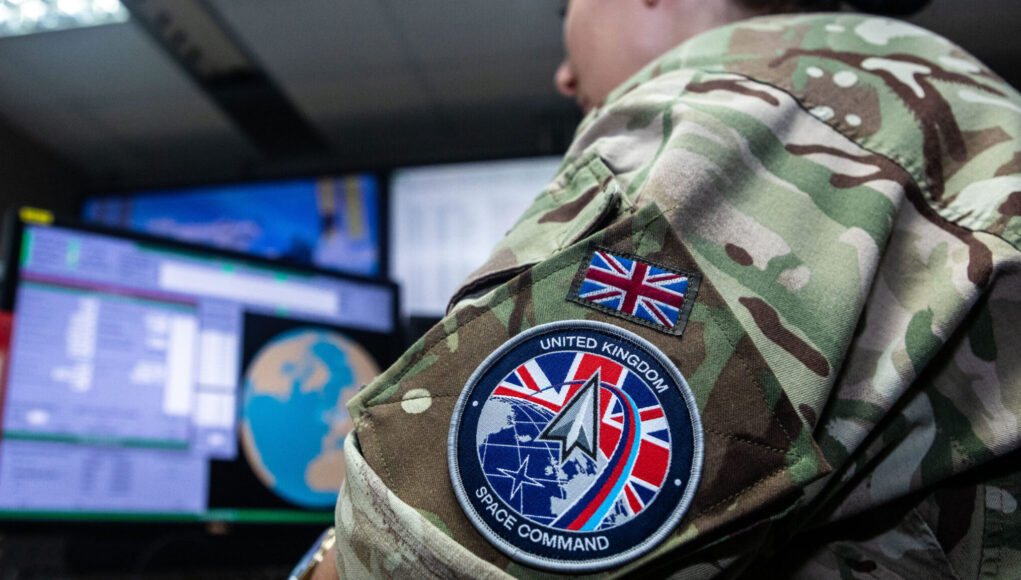
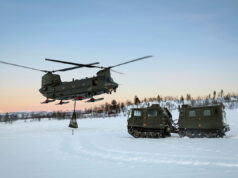


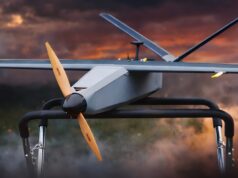

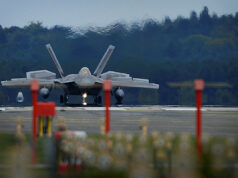
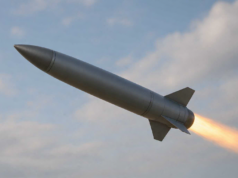




The UK’s satellite defences tend to revolve around ever bigger cameras and telescopes so we can watch the Russians interfere with our satellites.
We now have now developed software so we can track Russian satellites interfering with ours in real time and plot them on pretty 3D maps.
What we don’t actually have is anything that can actually do anything to a Russian satellites or stop it interfering with ours.
I’m not sure if anyone at the MoD has yet figured out the flaw in their cunning plan for satellite defence.
Baldrick would be proud 😀
Time for DragonfireS (space) variant 😉
But Baldrick does have a plan. I’ve heard that if a UK satellite comes under threat he’s told the MOD to move it (they do carry spare fuel (the satellites, not the MOD)). That way, when the Russian killer sausage arrives, oops it (our satellite, not the MOD nor the sausage) isn’t there!
Cunning from cunning land or what.
Cutting through the spin, episode 2, and I agree with Jim’s more entertaining explanation.
““working with its NATO and European allies to improve collective understanding of evolving threats, integrate space more effectively into defence operations, and pursue interoperability and resilience across our space assets and space-based services.”
So not actually doing anything at all to physically protect assets, beyond hardening/shielding of Skynet satellites themselves, as we have no means to protect them other than to rely on the US.
“Carns added that Britain is also continuing to invest independently in its national capabilities through UK Space Command, which coordinates military operations in space and develops satellite technology in cooperation with industry partners. These initiatives, he said, aim to “enhance space domain awareness, strengthen the resilience of critical space assets, and ensure the UK can respond effectively to emerging threats in the space domain.”
The standard tactic of stating the already obvious as a filler, yes, we already formed a Space Command years ago, and it has very few assets of its own beyond what already existed at High Wycombe and Fylingdales, so…a few rebranded Sqn nameplates.
Space Domain Awareness already exists via No 2 Space Warning Squadron at Fylingdales which has had this mission for decades, including monitoring all space debris and satellite activity.
The NADOC in the bunker at Naphill was renamed the NASOC, as the existing Space Ops Centre within was expanded and, rightly, took on greater significance, allegedly. I’m sure that’ll change everything with that acronym change.
So how does the UK “respond effectively” beyond having the 5 eyes links to see what is coming, Mr Carns?
We do have a few companies working on space tugs and satellite capture capabilities, hopefully we are studying the military potential of these te hnologues though I doubt it’s moved much on past experience.